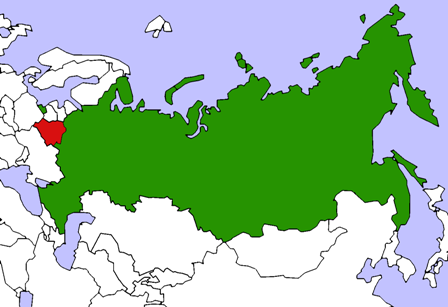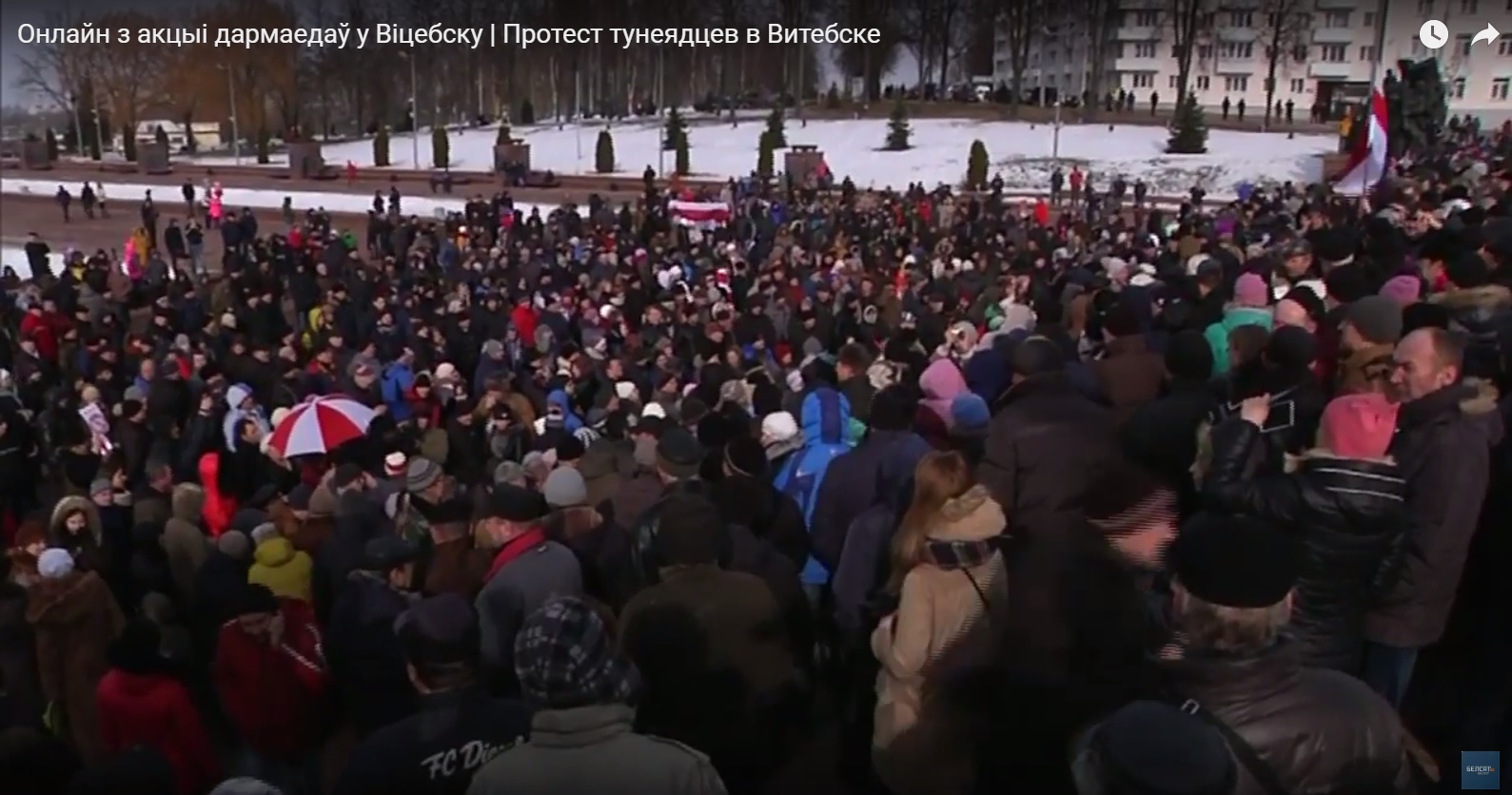In the wake of the political changes in Yerevan, Belarusian analysts are saying that Moscow would not react as calmly to similar changes in Minsk because unlike Armenia, which is constrained by its geography, Minsk could in fact change sides in the conflict between Russia and the West.
Consequently, they argue, Moscow is now likely to step up efforts to ensure Russian control of Belarus lest the situation deteriorate there as far as Russia is concerned. Already, the Kremlin has decided not to shore up the Belarusian military and has deployed Russian oligarchs to elbow out Belarusian businesses for state contracts there.
Writing for the Nashe mneniye site, independent Belarusian commentator Andrey Fedorov says that given deteriorating east-west relations, “Moscow will try to consolidate as much as possible its extremely few remaining allies,” including in the first instance Belarus.
In his view, geography will keep Armenia in line whatever Yerevan may say; but for Moscow, Belarus is a far more important ally for the same reason – and geography in its case works against Russia, he says. Under the right circumstances, it could turn away from Moscow and to the West.
According to Fedorov, Moscow in the first instance will use its economic leverage to keep Minsk in line, a strategy that has worked so far but that Moscow may find it ever more difficult to continue given its own economic problems and the growing needs of the Belarusian authorities.
One sector where these contrasting vectors come together is Minsk’s call for Moscow to provide more assistance to strengthen its military. The Belarusian army is rapidly degrading, at least in part because Minsk lacks the money to maintain a modern force and assumes that Moscow will always back it up.
On the one hand, Moscow does not want to offend its ally by not providing any assistance to Minsk; but on the other, both budgetary stringencies at home and fears about what a really strong Belarusian force might mean either in the event of a Maidan-like development or an east-west clash has caused Moscow to be slow in providing military aid.
That is unlikely to change, Belarusian military commentators say, unless it appears that Minsk is about to find financial support from one or another Western country. Then Moscow would have no choice but to pony up.
Such a pattern makes something else Moscow is doing more important: indeed, it may be the most serious challenge the Kremlin has posed to the Belarusian leadership ever. According to new data, Russian oligarchs, not Belarusian businessmen, are winning 60 percent of the state contracts now let in Minsk.
As Yaroslav Romanchuk, the head of the Solidarnastsi Research Center, points out, this reflects the endemic corruption of the Belarusian state apparatus; but it also is something else, “a Trojan horse through which the erosion of the independence of Belarus” is taking place and against which Alyaksandr Lukashenka up to now seems powerless to combat.
Thus, the Russian oligarchs are acting on behalf of the Kremlin in many ways like the infamous “little green men” in Ukraine that Moscow used to prepare the way for its Anschluss of Crimea and its intervention in the Donbas, an action below the radar screens of both Kyiv and the West. It is important that Moscow not gain another such victory in Belarus.
Read More:
- Putin planning to interfere in Belarusian elections to replace Lukashenka, Sivitsky says
- Fearful of Moscow and his own people, Lukashenka fails to crush pro-Russian march in Minsk on Victory Day
- Struggle for Belarus: Minsk is promoting Belarusianization; Moscow, re-Sovietization
- Can Forrest Gump defeat Russian propaganda in Belarus?
- Is Lukashenka worried about the loyalty of the Belarusian siloviki?
- Russian-speaking Belarusians and Ukrainians threaten Putin’s ‘Russian world’ and Russia itself








